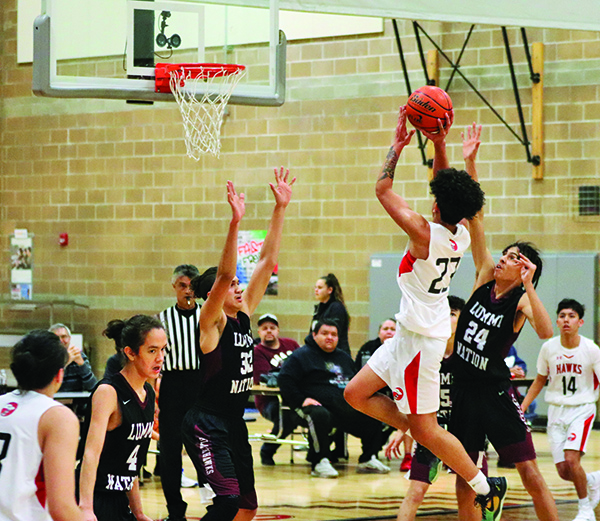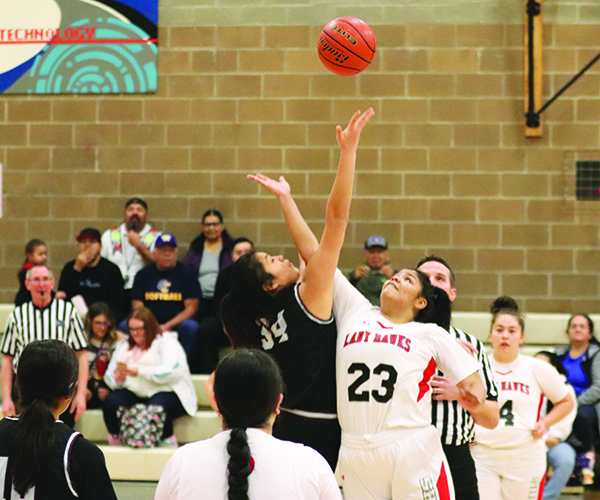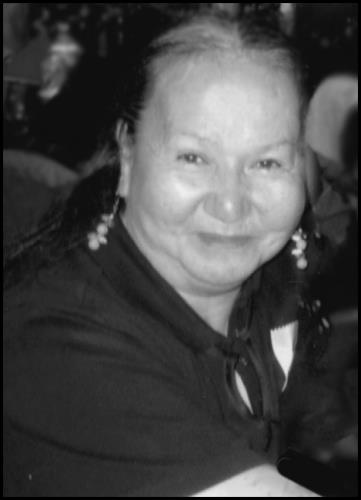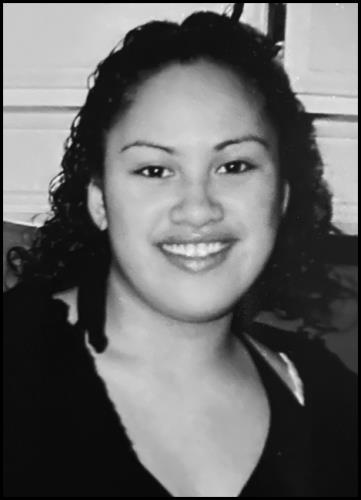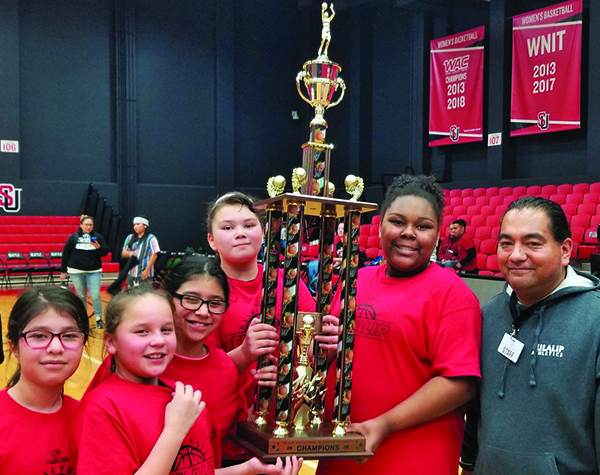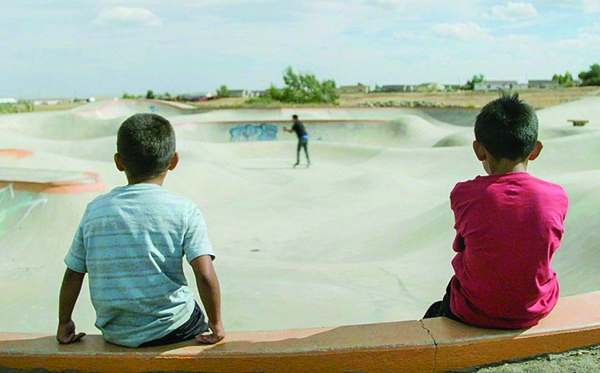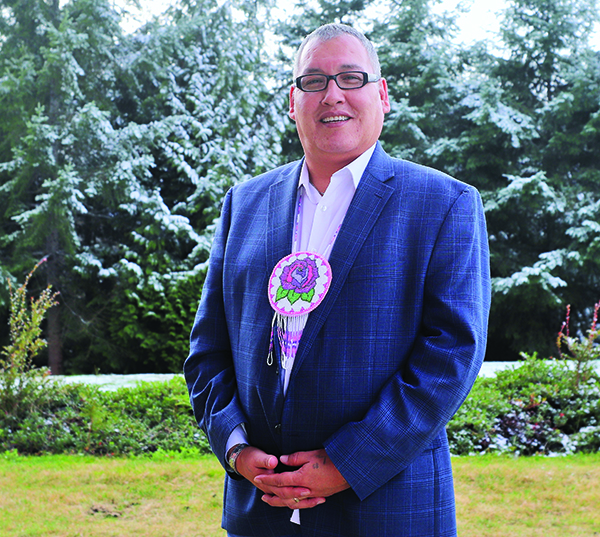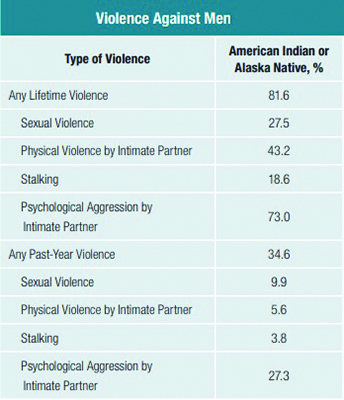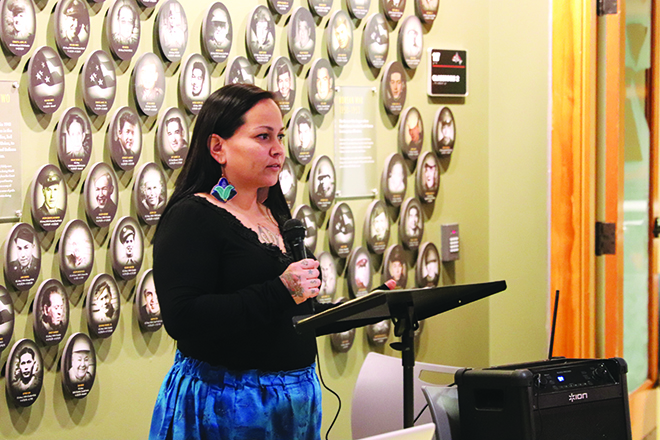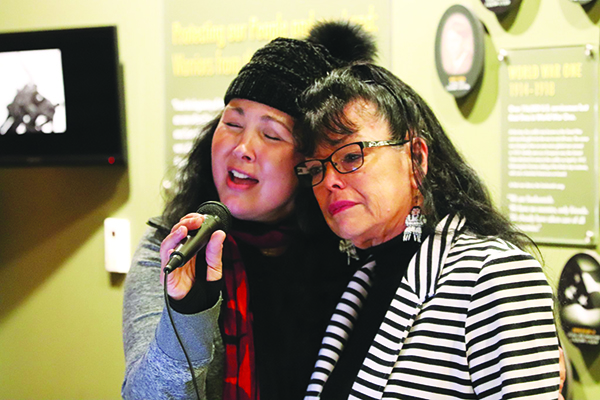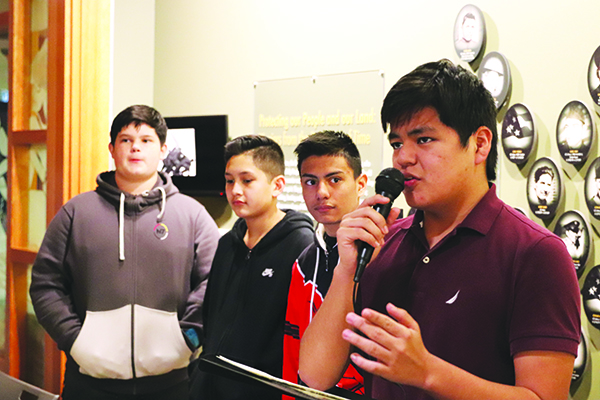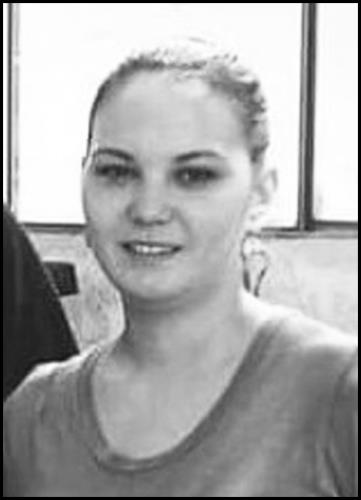By Kalvin Valdillez, Tulalip News
On the evening of December 23, Tulalip community member and Muckleshoot tribal member, Brittany Nelson-Jones, urgently sent out a message to her friends and family via her Facebook account.
“TULALIP-MARYSVILLE FAMILY/FRIENDS: You always read these things and never expect it to happen to you,” her post read. “I was last minute shopping for my family for Christmas. I went to Ross in Marysville then the Tulalip Walmart right after. Some guy was legit following my sister, my daughter and I in each store and it made me super uncomfortable. He had one item and was standing too close to us at Ross, he even held onto our cart and was trying to ask questions about my daughter. And then he was following us around Walmart. He was looking for us when we were checking out. Very scary! All I know is I wasn’t letting my baby go and I was just trying to hurry up and get us home safe. PLEASE, PLEASE, PLEASE BE CAREFUL AND ALWAYS STAY ALERT!”
Within minutes the social media warning was shared over a dozen times and several people added comments, recounting similar experiences at businesses throughout the area, while others suggested contacting the authorities or investing in pepper spray.
“My sister is 16, my daughter was 7 months at the time of this incident and I’m 25,” explained Brittany. “Ross’ carts have these long blue poles on the side, he grabbed that pole and he started asking about my daughter. I was uncomfortable and my sister was too, we got a weird vibe like something wasn’t right. So we hurried out of Ross as fast as we could. That’s when things got very sketchy.
“We got to Walmart and he followed us there too. That same guy, watching us. As we were in line paying, I saw him towards the front of the store lurking down every cashier aisle looking for us. I alerted my sister to keep her eyes open. He noticed that I caught him looking for us and tried to play it off. He then just stared at us from behind. After we paid for our stuff, we walked as fast as we could to my car and got out of there. That situation was very scary. When I warned everyone and told my family they asked why I didn’t tell an employee at Ross or Walmart. But when you’re in the moment, you don’t think about that, you don’t think of anything but your safety.”
Thankfully, due to their attentiveness, the young ladies returned home safely that night. Too many times communities nationwide dismiss these instances as coincidence or pay little mind to accounts like Brittany’s. That is, until it’s too late and someone turns up missing. For the betterment of the Indigenous community as a whole, it’s important that we learn exactly what to do in those terrifying moments because, quite simply put, Native Americans are being targeted.
The results of a study conducted by the National Congress of American Indians (NCAI) indicated that approximately 40% of women forced into sex trafficking identified as Native American. Another shocking statistic is that 48.8% of all Indigenous women experienced some form of stalking in their lifetime, per the National Institute of Justice.
The Tulalip Legacy of Healing and Child Advocacy Center are taking part in a national campaign to raise awareness for the countless victims and survivors by educating the community with prevention methods. They are teaching people how to recognize key indicators one might display if they are currently being trafficked or stalked.
“January is the month where we focus our efforts on educating our people about the real dangers of stalking and human trafficking,” said Sydney Gilbert, Forensic Interview Specialist at the Tulalip Child Advocacy Center. “We often unintentionally minimize it by saying things like, ‘I Facebook stalked you.’ Which can be harmless if you have consensual social media friends, not fully understanding that it is a very dangerous and chargeable offense and crime.
“Human Trafficking Prevention Month is more aligned with bringing awareness to the prevalence of the issue because a lot of times when we think of human trafficking, we think of international sex rings,” Sydney continued. “There are all kinds of human trafficking, it’s not just sex work, sometimes it’s labor trafficking as well. Human trafficking prevention means equipping people with skills on how to recognize someone who is already a victim of human trafficking and how you can report that and help them get out of the life. We want to raise awareness on the red flags to look for if you think someone is being victimized and how to make a report.”
It’s important to note that in certain instances, stalking can lead to human trafficking, but that is not always the case. Sydney explained that stalking is often an extension of domestic violence and usually occurs between estranged partners. A stalker will use extreme measures while trying to stir-up a reaction, such as sending multiple threatening calls, texts, direct messages and e-mails, as well as tracking your movements by means of your cell phone’s GPS or driving by your place of work or residence. Sydney advises to never come into contact with a stalker or respond to their requests because it can lead to a more hostile situation.
“If you feel like you’re being stalked, the first thing I would suggest is to contact the law enforcement and let them know, because it can turn dangerous fast,” Sydney stated. “Also, document everything. Save all the text messages, phone calls, incidents when that person is somewhere they shouldn’t be. If you are in a public space and feel like someone is suspicious and you’re worried about your child or yourself, notify security to make sure you get to your vehicle safe. And as much as you want to be there to protect your kid 24/7, the best thing you can do is empower them to use their voice when they’re not right by your side. Let them know they don’t have to go anywhere with a stranger and to yell out something like, ‘get away from me, you’re not my mom or my dad’.”
With the proximity to Interstate 5, one of the largest trafficking corridors in the country that extends from Canada to Mexico, the locals of Tulalip and Marysville should stay on alert when out and about. Studies show that traffickers prey on tribal populations due to certain jurisdictional complexities that often prevents them from prosecution.
“We know that vulnerable communities tend to be targets of human trafficking or stalking,” expressed Sydney. “Human trafficking uses force, fraud or coercion to get someone roped in. If you feel someone is forcing you or someone you know to do something you don’t want to do, or is saying, ‘if you come with me and do this, I’ll give you a place to stay tonight so you’re not outside” – report it. It’s similar to reporting child abuse; you don’t have to have hard evidence to make a report. That’s someone else’s job, they’ll look into it. You just have to provide as much detailed information as possible.
“Other signs to look out for would be if they’re not able to come and go as they please, and if they show any physical signs, including scarring, branding or certain tattoos.
“And as it relates to MMIW, with the low reportings that we have, it is more likely that Native women have a proportionately larger amount of victims than other communities.”
The Legacy of Healing urges you to report any immediate human trafficking suspicions to the local authorities as well as to the National Human Trafficking hotline at 1-888-373-7888. For further details and guidance on these particular issues, please contact the Legacy of Healing at (360) 716-4100.
“I really hope my story helps someone and alerts everyone to always pay attention to your surroundings,” Brittany said. “It’s scary how people around our area are stalking and contributing to trafficking. I truly hope our people will keep their eyes open and always stay cautious.”
